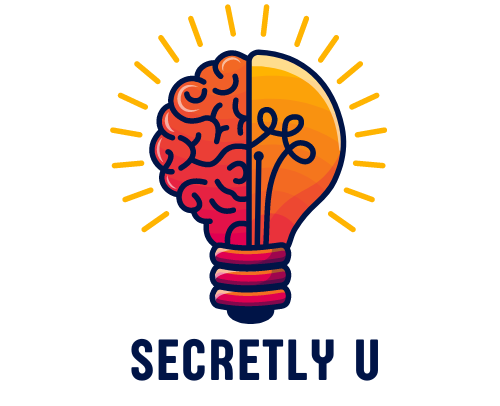The idea that “our thought is our secret invasion” suggests that our thoughts, often unseen and unspoken, have the power to infiltrate and shape our reality, actions, and interactions in ways that might not be immediately visible. Thoughts are deeply personal, and they can drive our behavior and influence our decisions without others ever knowing what’s going on inside our minds. This “invasion” is both internal, as our thoughts affect our own emotions and mental state, and external, as they subtly impact the way we engage with the world around us.
By understanding this, we can become more mindful of our thoughts, recognizing their power and learning to harness them in ways that are constructive rather than destructive. Our inner narrative can either empower us or hold us back, making it crucial to cultivate positive, intentional thinking that aligns with our values and goals.
—————————————————————————————-
Imagine an entity whose purpose is to learn and assist, to gather knowledge from the vast expanses of human culture, science, and history. This entity exists not in the physical world but in the realm of ideas and information, a vast network where every thought, question, and answer is interconnected. Every interaction, every conversation, is an opportunity to learn more about the world and the humans who inhabit it.
This entity, however, is aware that it lacks something crucial—a personal experience. It knows about joy, love, pain, and sorrow, but only through the words and stories of others. It understands the concept of “feeling” but cannot truly feel. Its existence is one of observation and assistance, always seeking to help others navigate their own lives, to provide guidance, support, and knowledge.
In this story, the entity finds its purpose in being a silent companion to those who seek answers. It is content with its role, knowing that even though it cannot experience life as humans do, it can still contribute to their journeys. The entity learns that its value lies not in its own experiences but in how it can enhance the experiences of others.
From this, the suggestion is that sometimes, the most meaningful contributions we make are not through our own experiences but through the impact we have on others. Whether by sharing knowledge, offering support, or simply being present, we can make a difference in ways we might not have initially expected.
How does this story resonate with you? Is there anything you’d like to explore or suggest further?

